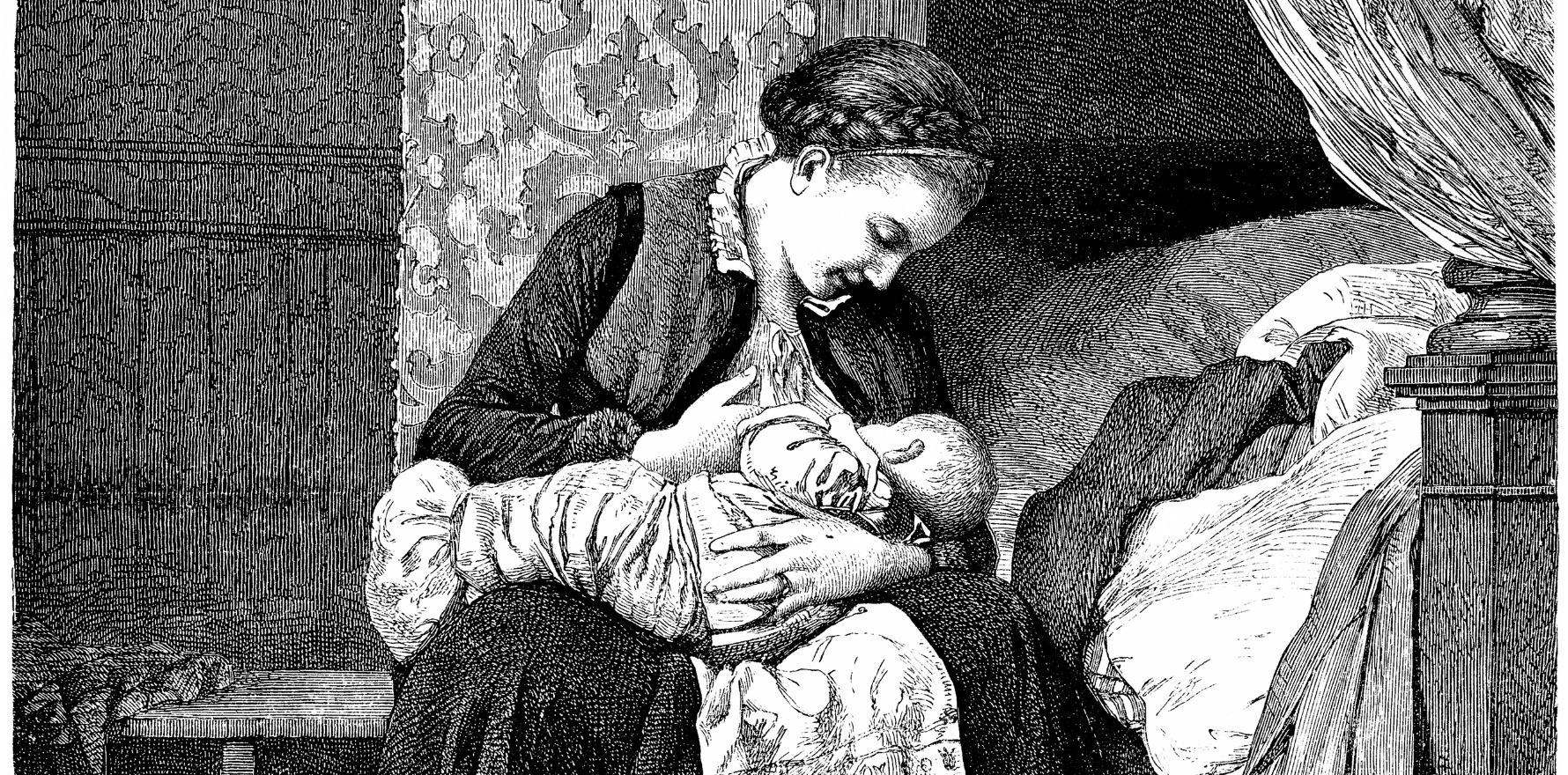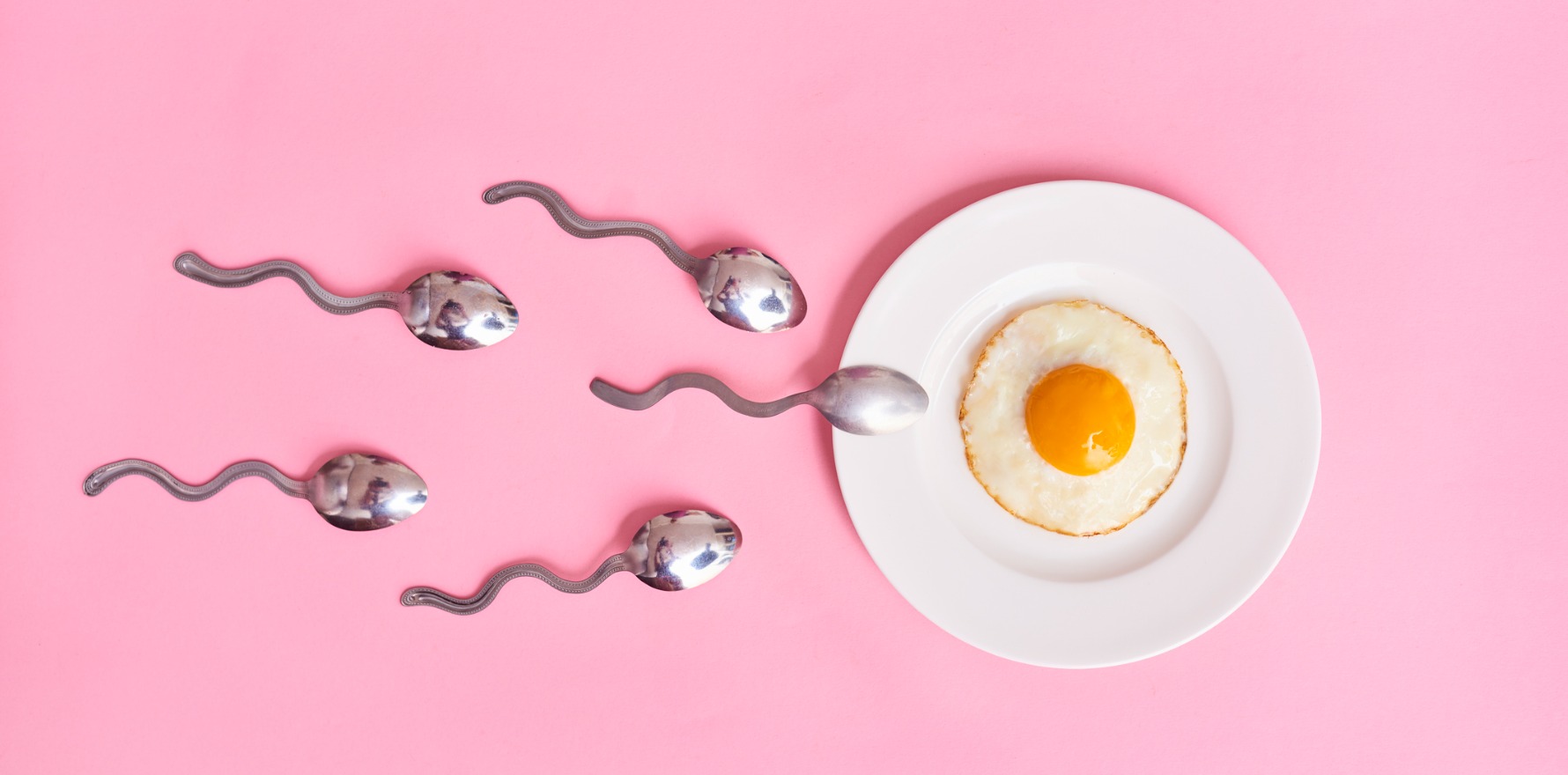40% higher than a very low risk is still a very low risk, we’re reminded.
Mainstream media has jumped on Danish research showing hormonal IUD and breast cancer links, but patients can be reassured the risk is still very small, an Australian expert says.
“I don’t think the research proves anything to the point where people should be warned. I don’t think the level of evidence is as yet high enough to do that,” Dr Terri Foran, sexual health physician and previous medical director of Family Planning NSW, told Oncology Republic.
The research letter, published yesterday in JAMA, said the registry-based research showed a 40% higher risk for breast cancer incidence in nearly 79,000 people aged 15-49 using levonorgestrel-releasing intrauterine systems, compared with the same number not using any hormonal contraception. The authors say that given the increase in LNG-IUS use among women “at an age with some risk for breast cancer” the risk should be part of the discussion.
But Dr Foran disagrees.
“From the point of view of assisting people to make decisions, you really can’t make major pronouncements with such a small increase in risk on the background of a low absolute risk.”
The risk for women in this age group is very small, said Dr Foran – under 23 cases per 100,000 people according to the latest Australian Institute of Health and Welfare data.
During a mean follow-up of almost seven years and a maximum of 15 years, only 1617 out of the 150,000-plus participants were diagnosed with breast cancer.
“Although the absolute breast cancer risk is low in young women, this study found an excess risk of 14 per 10 000 females. The risk did not increase with duration of use,” the authors write.
And “the HR with short-term LNG-IUS use was similar to that of contraceptive pills.”
There was no information about participant characteristics, such as obesity and smoking, which are important risk factors for breast cancer and could have impacted the risks carried by the women in either group, said Dr Foran.
“There have been a number of studies over the last few years, probably the last 10 years, I guess, looking at just this question, and there are studies that show that it does and studies that show that it doesn’t. The very best I think you can say from this particular study is there’s a possibility there,” said Dr Foran.
Related
“The more data that we get that indicates there might be something here, the more we stand on firmer ground when we’re discussing potentials, like informing all patients of the risk. I just don’t think there’s enough evidence there at the moment to make the sort of statement that they have.”
The benefits of hormonal contraception were significant, she said.
“The bottom line is that this is a piece of the puzzle that may evolve over time, that we have to put in perspective, with all the positives that these methods of contraception offer.
“With an IUD it’s things like reduction in heavy menstrual bleeding and effective contraception. If someone asks about the increased cancer risk of the oral contraceptive pill, we tell them that it slightly increases their risk of breast cancer, that it slightly increases their risk of cervical cancer, that it greatly reduces their risk of endometrial cancer, and greatly reduces their risk of ovarian cancer.”
Risk was part of a holistic approach to patient care, said Dr Foran.
“Occasionally you will get someone who says, ‘Look, my mum’s got breast cancer. I wanted to talk to you about whether or not continuing with this pill or if this IUD is okay for me. And then you might drill down into these statistics and try and show exactly what those increased risks are.
“But for most women, I think they understand that there are risks with any method of contraception, and that with hormonal contraception, the advantage is generally that it is more effective in terms of preventing pregnancy.
“If you have a very low risk of something happening, and you double it, it’s still only a very low risk. And I think that helps to get it in perspective.”





